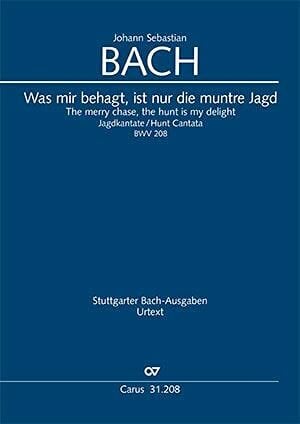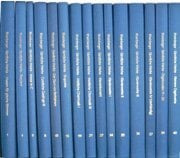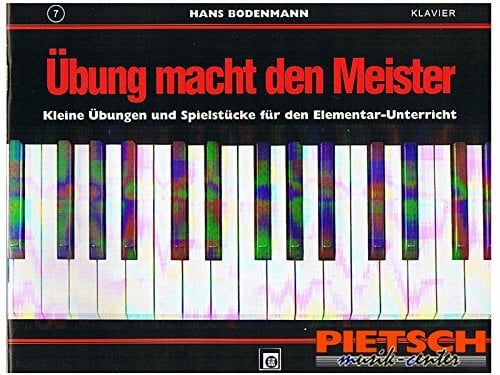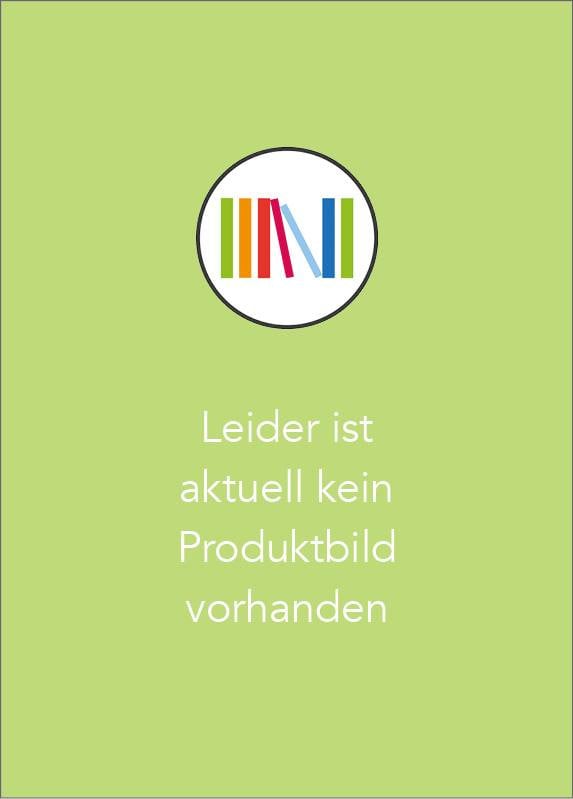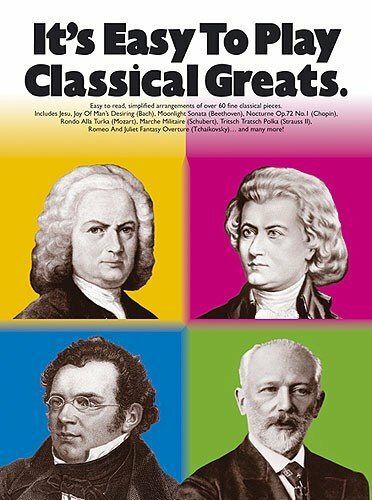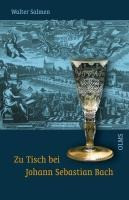
Zu Tisch bei Johann Sebastian Bach
Kurzinformation
inkl. MwSt. Versandinformationen
Artikel zZt. nicht lieferbar
Artikel zZt. nicht lieferbar

Beschreibung
Das Bachhaus Eisenach bewahrt einen geschliffenen Pokal, den Johann Sebastian Bach um 1735 entgegennahm. Das eingravierte "VIVAT" sollte zum Weingenuß einladen. Der Komponist vieler Festmusiken läßt in seiner Kaffee-Kantate (BWV 211) die Aria singen "Ei, wie schmeckt der Coffee süße" und in der burlesken "Bauern-Kantate" (BWV 212) singt man sich in der Schenke animierend zu, "Wer durstig ist ist, mag winken". Diese drei Texte sowie Briefe, Besoldungsverordnungen und andere Quellen lassen ahnen, daß es in Bachs Leben heiter ausgelassen zugehen konnte. In dem vorliegenden Band wird nach dem Alltags- und Festtagsleben dieses Currendesängers, Organisten, Kantors, Hofmusikers und Städtischen Musikdirektors gefragt, dessen Besoldungen als Dienstnehmer zeitlebens aus Zahlungen wie auch aus Naturalien (Getreide, Fisch, Bier, Wein, Holz) bestanden. Den Deputaten sowie dem Verzeichnis seiner Hinterlassenschaft von 1750 ist zu entnehmen, daß der Tisch in der Kantorenwohnung in der Thomasschule zu Leipzig für die Großfamilie sowie die vielen gern gesehenen Gäste reichlich und dem gehobenen Lebensstandard entsprechend gedeckt gewesen ist. "Zu Tisch bei Johann Sebastian Bach" öffnet somit ein noch weitgehend unbekanntes Terrain: Der Autor spürt den sozialen Verhältnissen dieses großen Musikers nach und veranschaulicht mit zahlreichen Abbildungen und originalen Dokumenten dessen Lebenswelt zwischen Eisenach und Leipzig.***The Bach House at Eisenach owns a goblet presented to Johann Sebastian Bach in 1735. The inscription "VIVAT" is intended as an invitation to enjoy wine. The composer of many celebratory pieces includes in his "Coffee Cantata" (BWV 211) the aria "Oh, how sweet the coffee tastes", while in the burlesque "Peasant Cantata" (BWV 212) the words "Those with a thirst should beckon" are sung at a lively inn. These three texts, along with letters, payment orders and other sources suggest that Bach's lifestyle could be cheerful and relaxed. This book examines the everyday and holiday life of this choirman, organist, cantor, court musician and city musical director, whose salary throughout his life included payment in kind of natural products (grain, fish, beer, wine, wood). From these allowances and from the list of Bach's effects on his death we can see that the table in the cantor's lodgings at the Thomasschule in Leipzig was well-laden for the large family and their many welcome guests, in accordance with a high standard of living.Zu Tisch bei Johann Sebastian Bach enters a largely unknown territory: the author seeks evidence of the composer's social relationships and uses a wide range of illustrations and original documents to depict his life between Eisenach and Leipzig. von Salmen, Walter
Produktdetails

So garantieren wir Dir zu jeder Zeit Premiumqualität.
Über den Autor

- Gebunden
- 734 Seiten
- Erschienen 2016
- Carl Hanser Verlag GmbH & C...
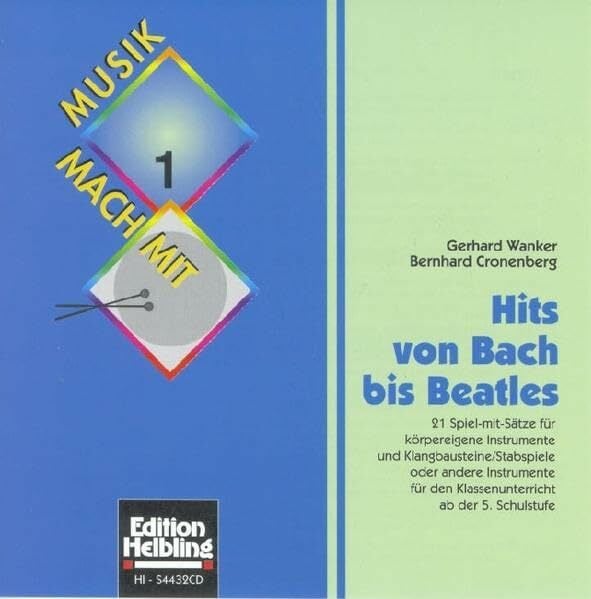
- audioCD -
- Helbling
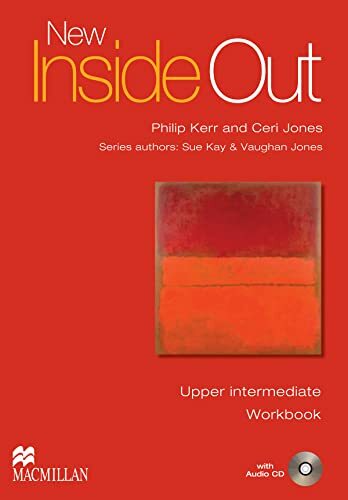
- paperback
- 96 Seiten
- Erschienen 2009
- Macmillan ELT

- perfect
- 100 Seiten
- Erschienen 2015
- Breitkopf & Härtel
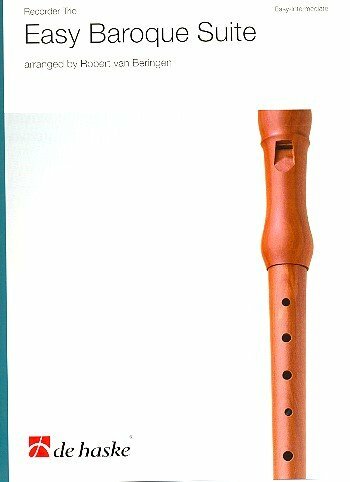
- paperback -
- Erschienen 2013
- HASKE

- paperback
- 24 Seiten
- Erschienen 2012
- Hal Leonard MGB





















